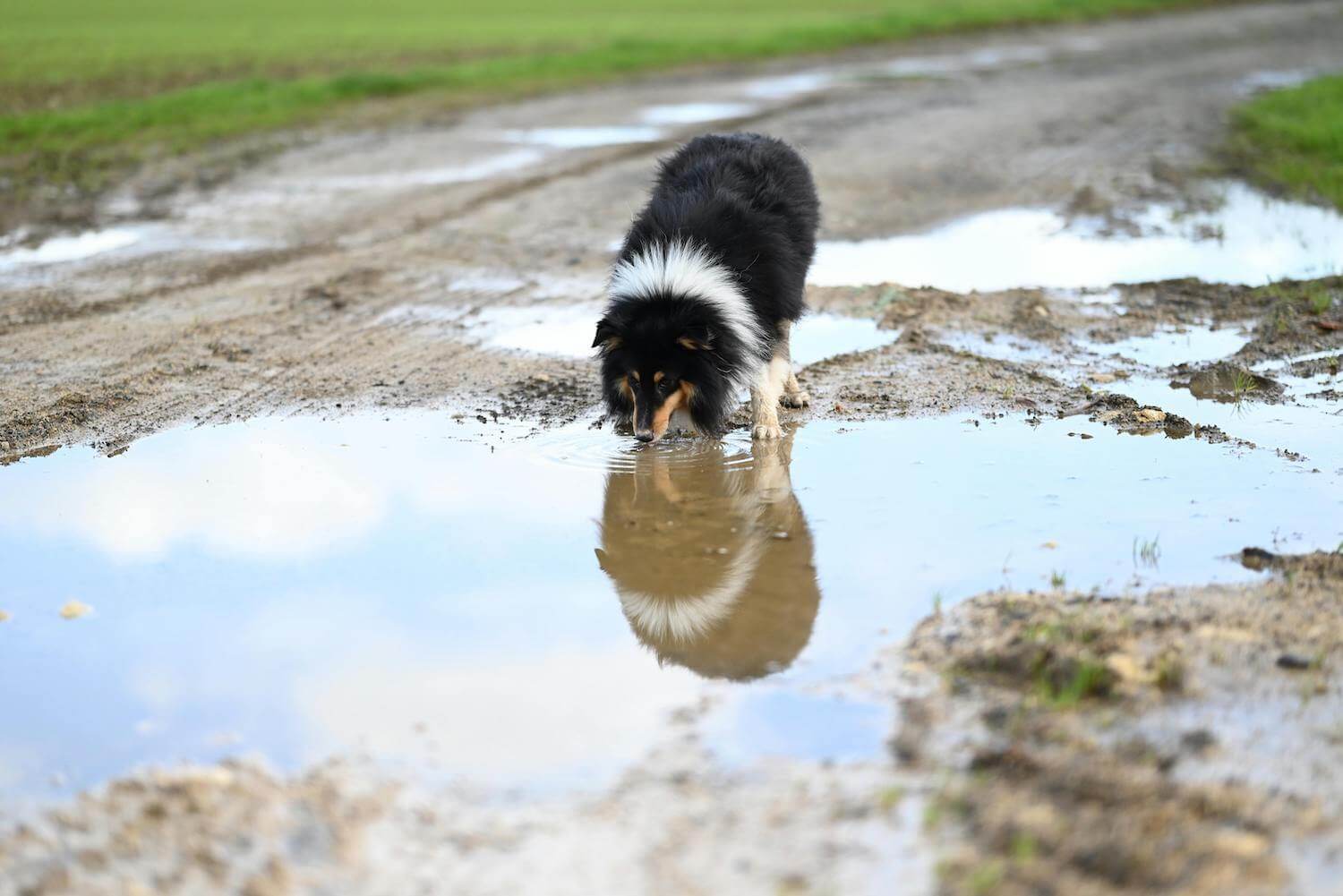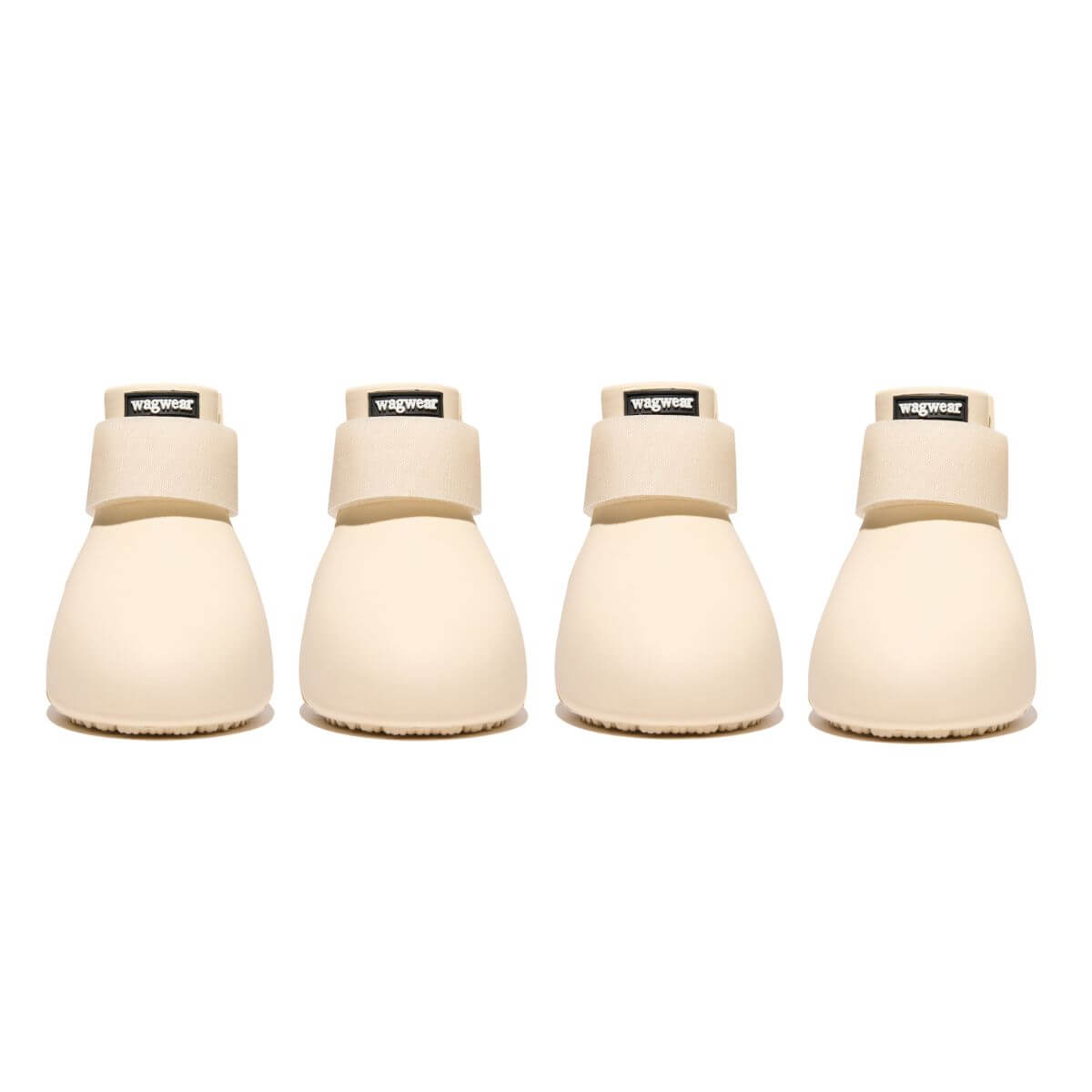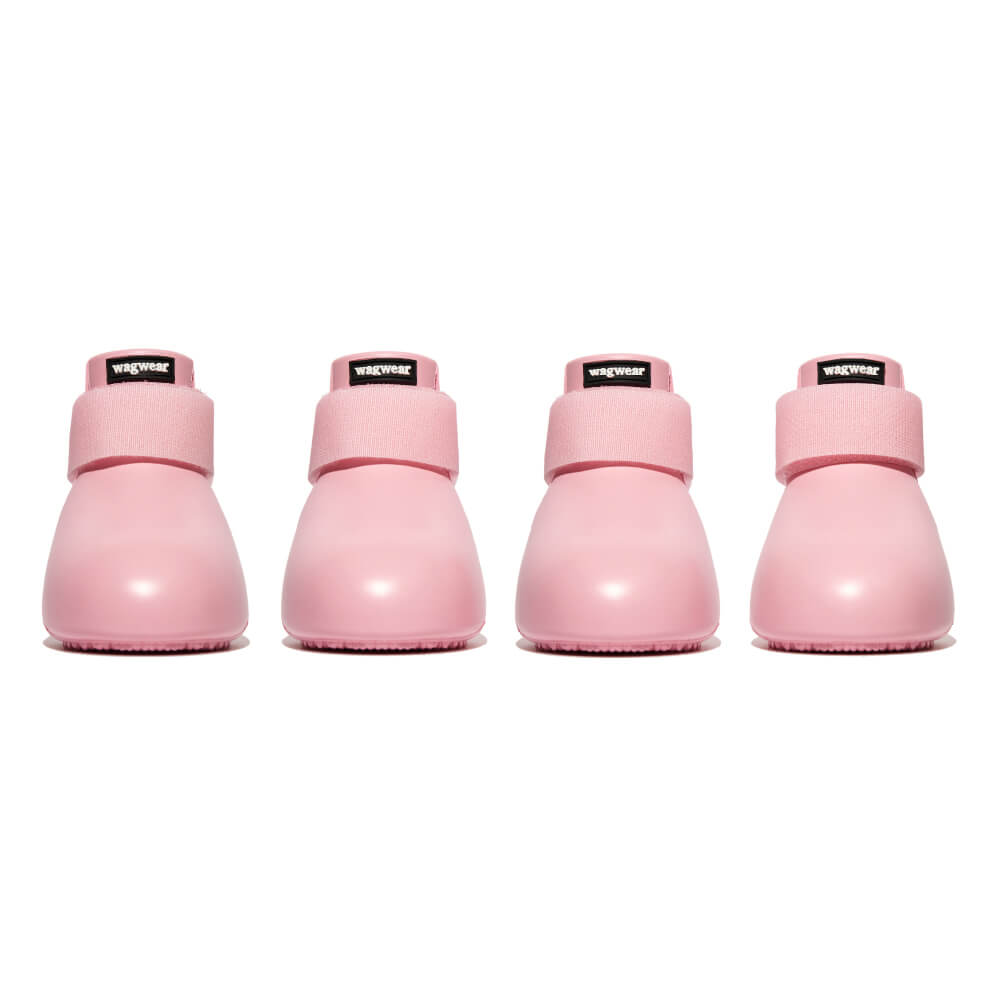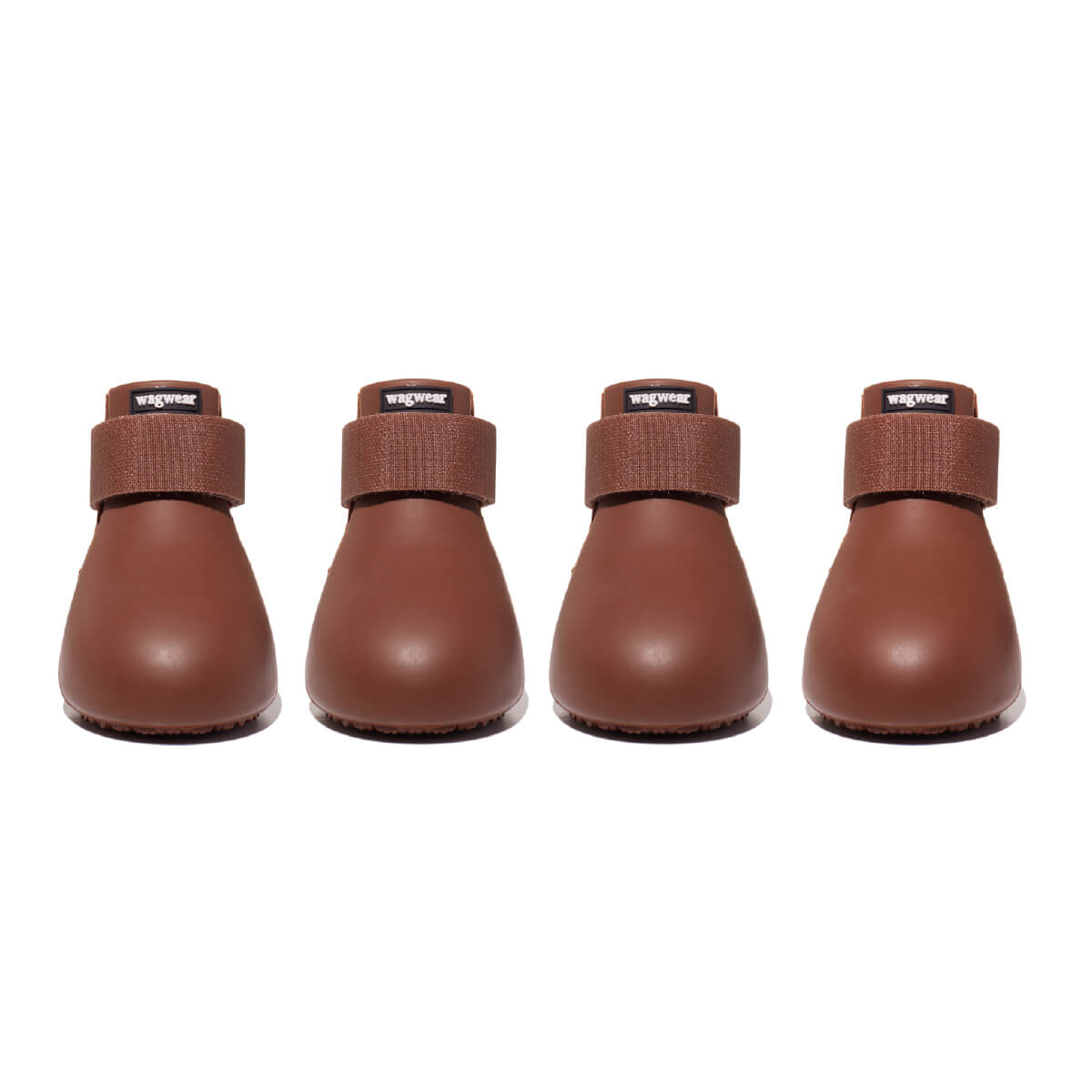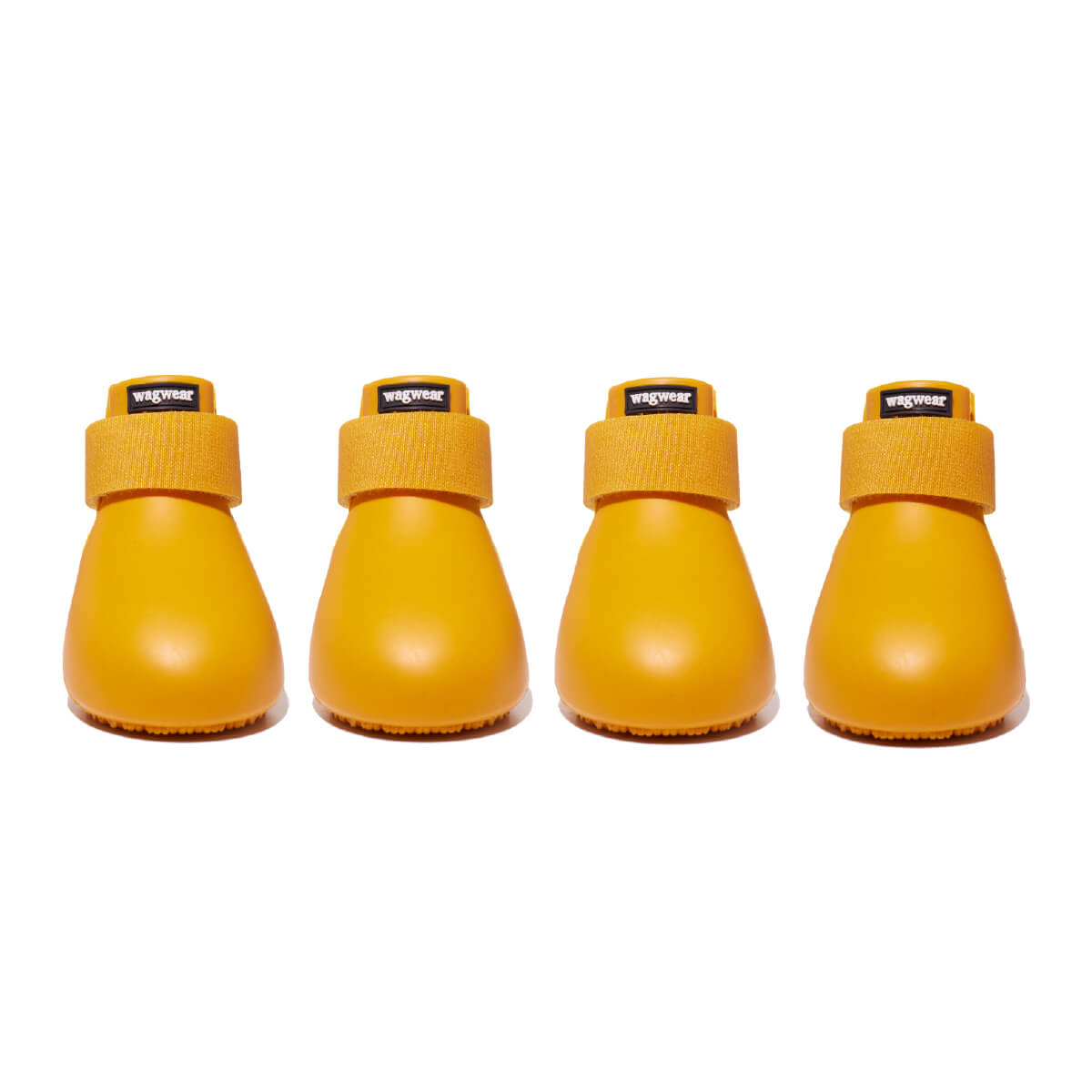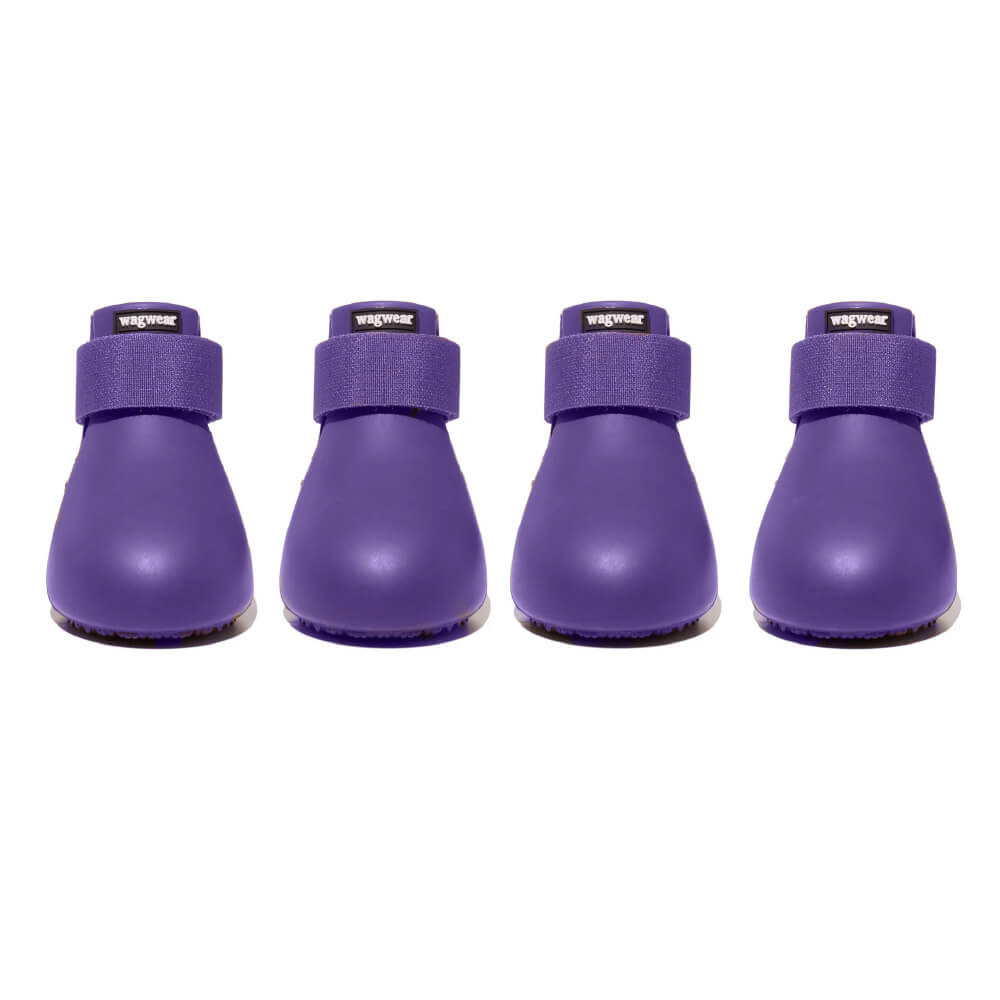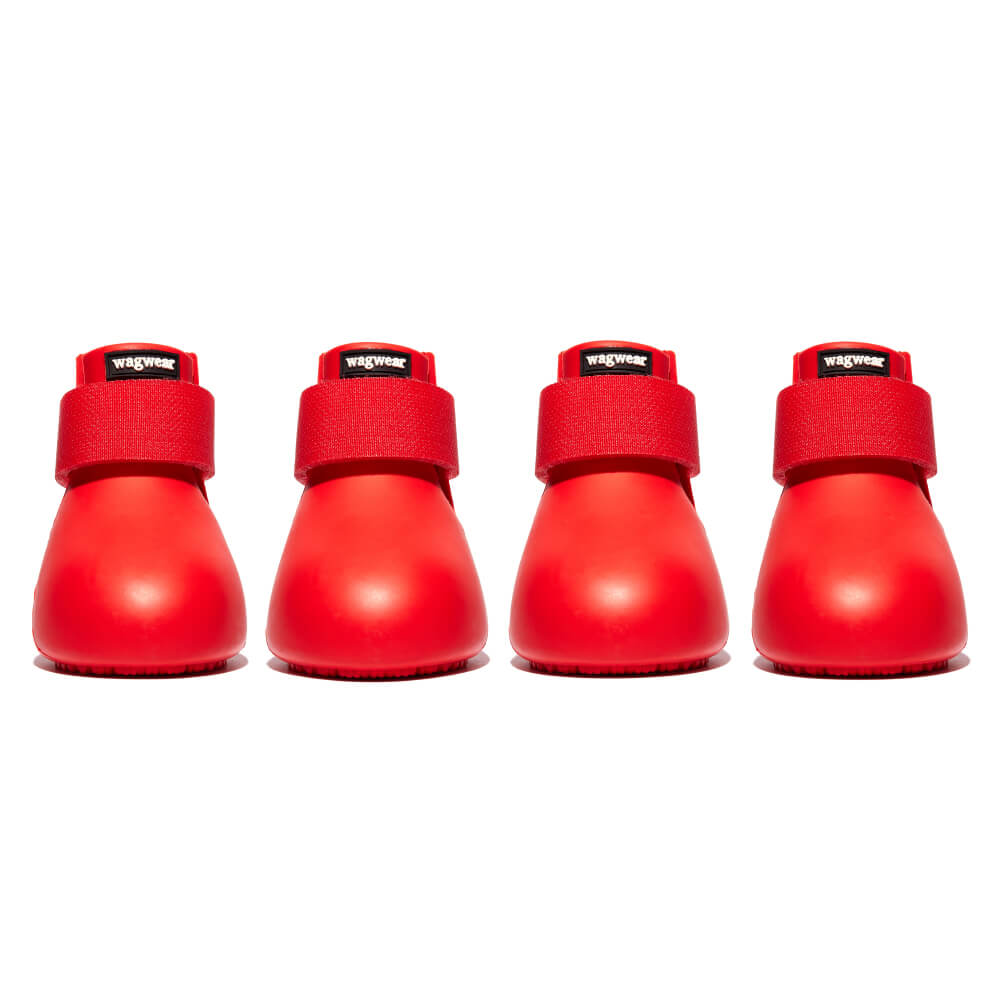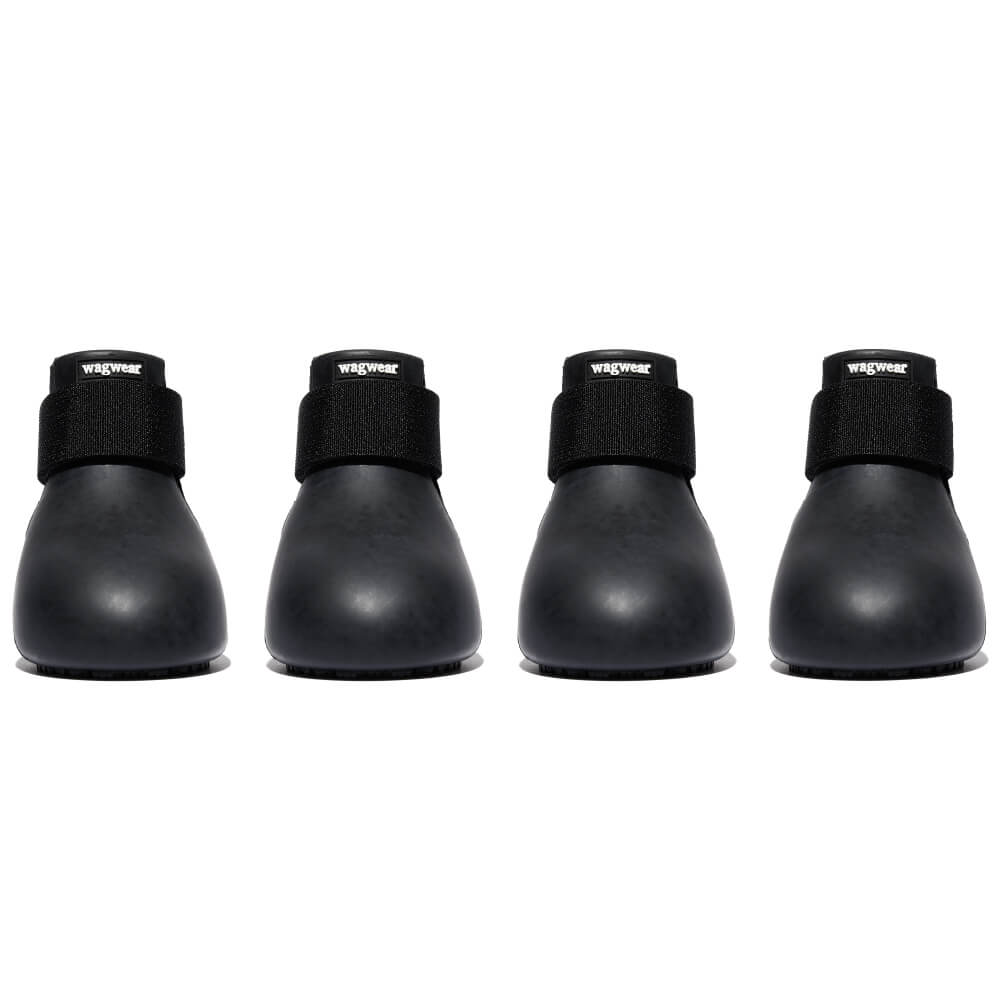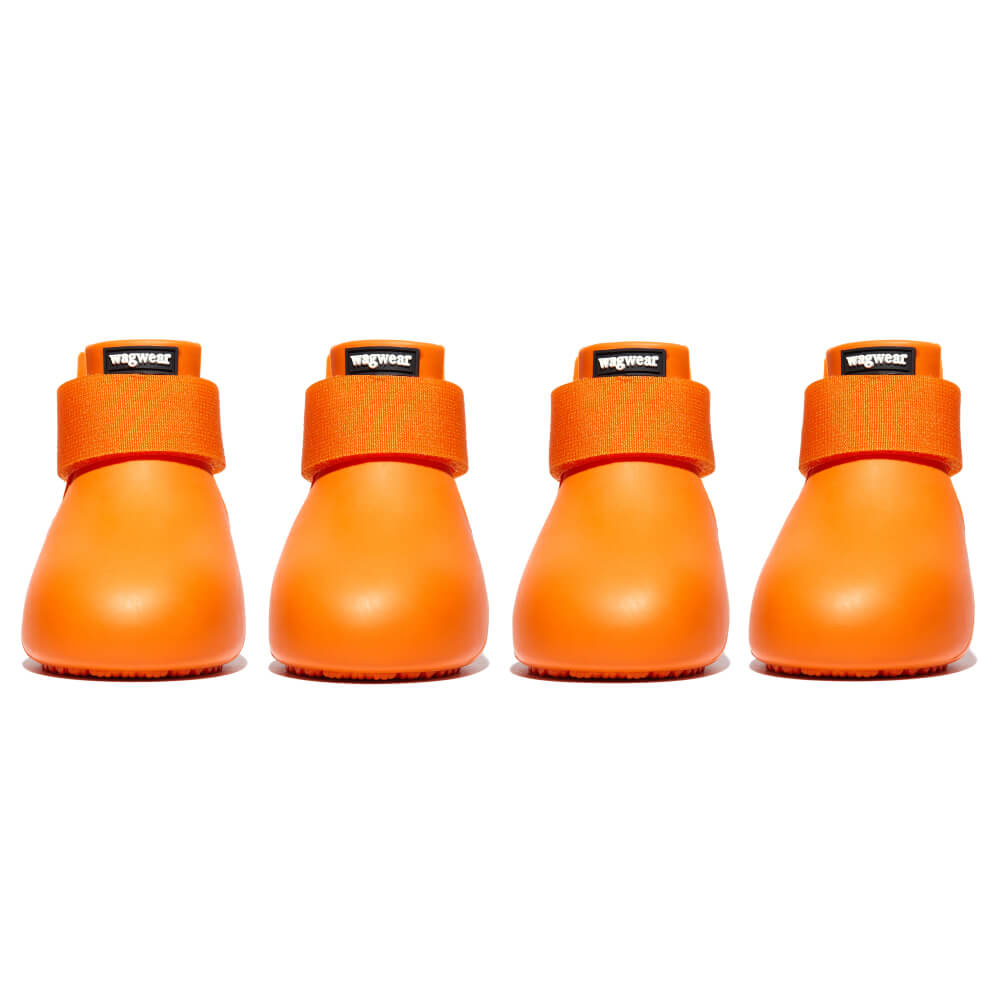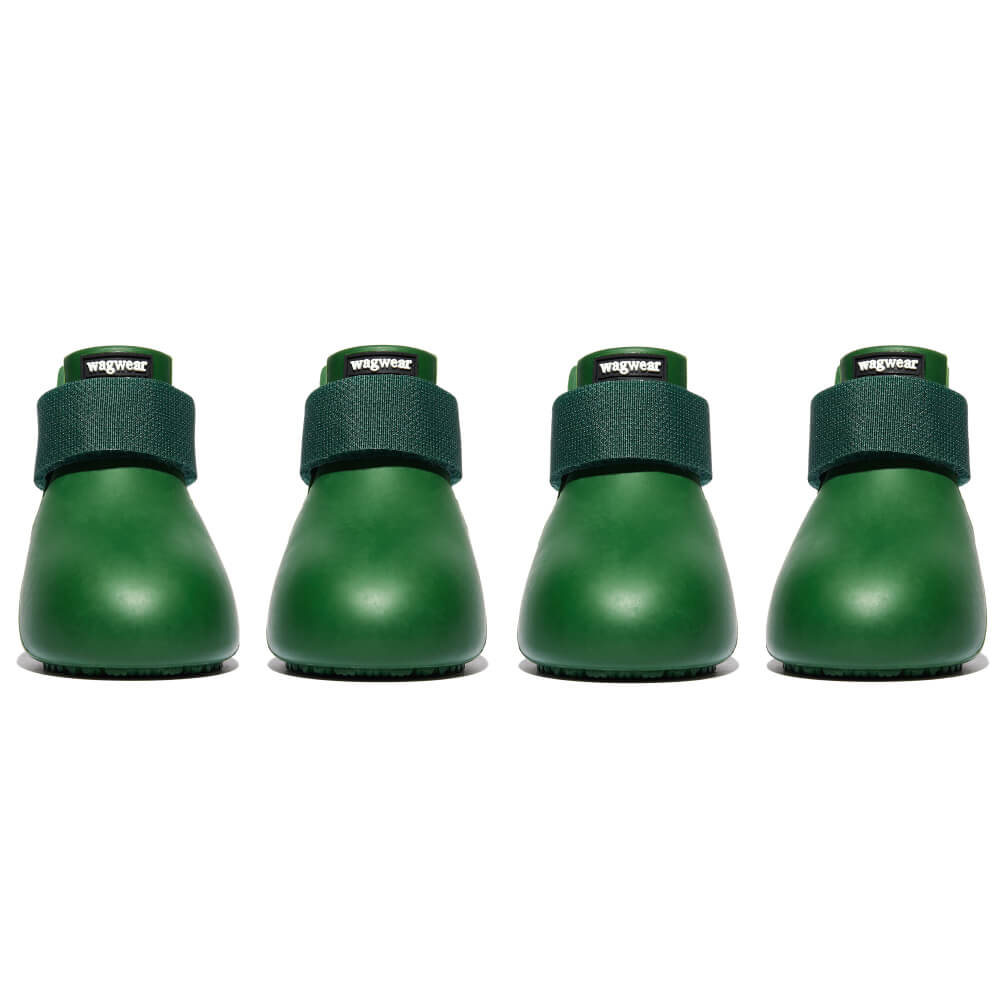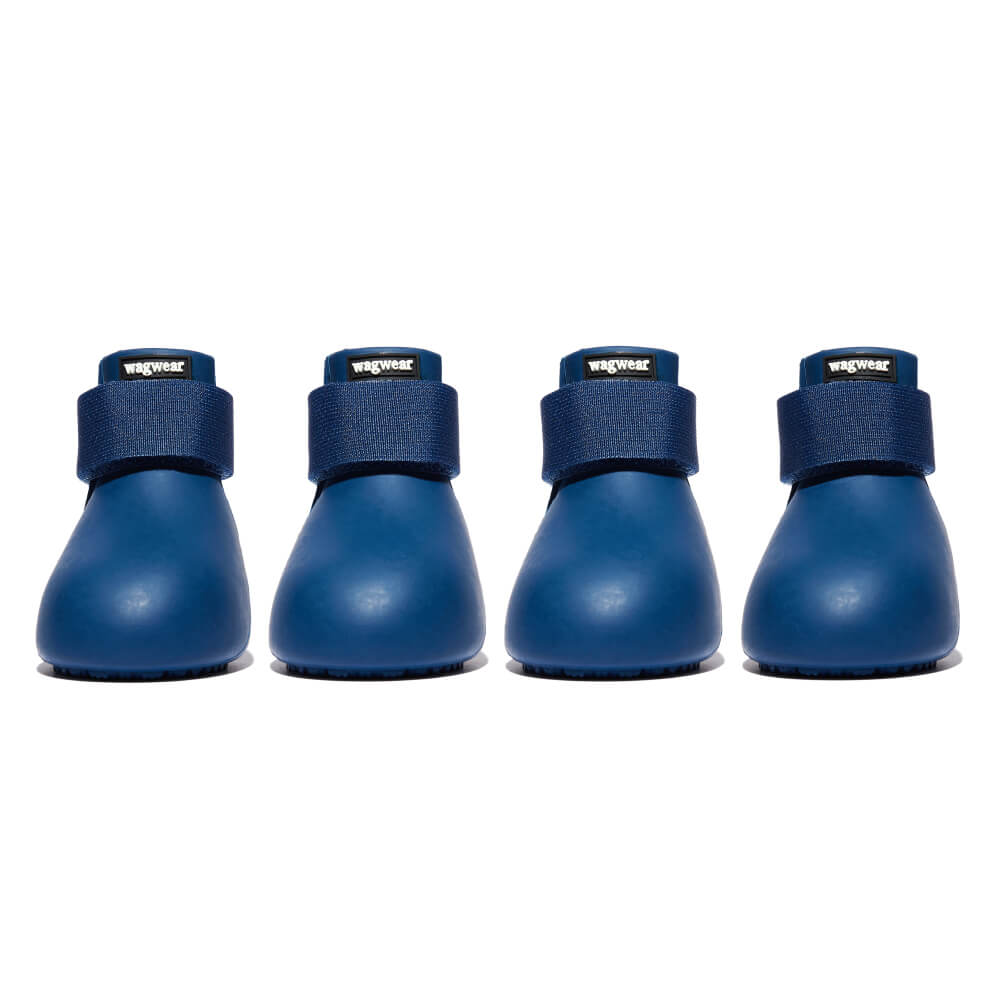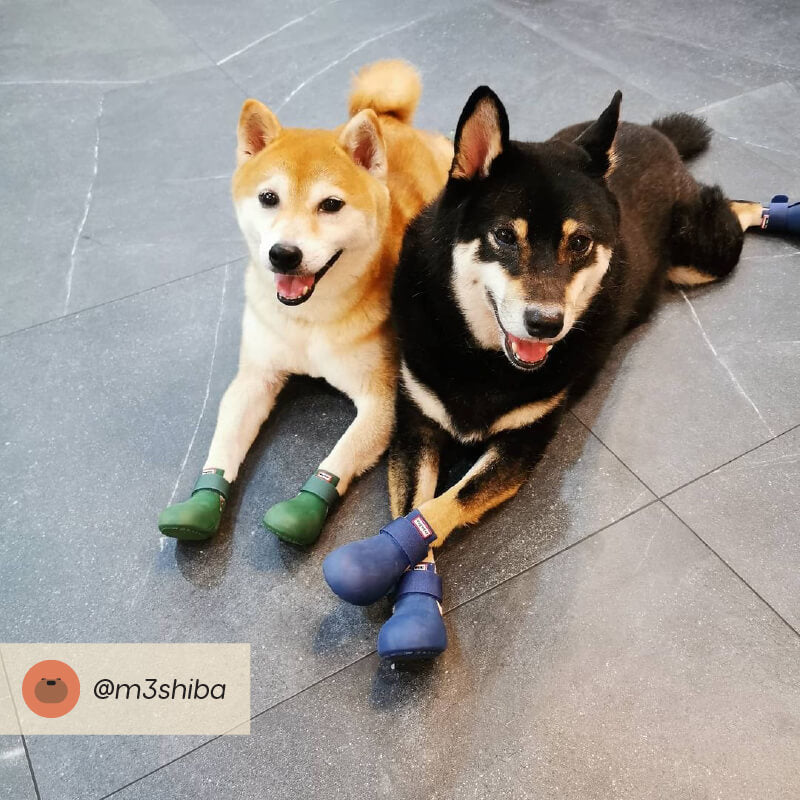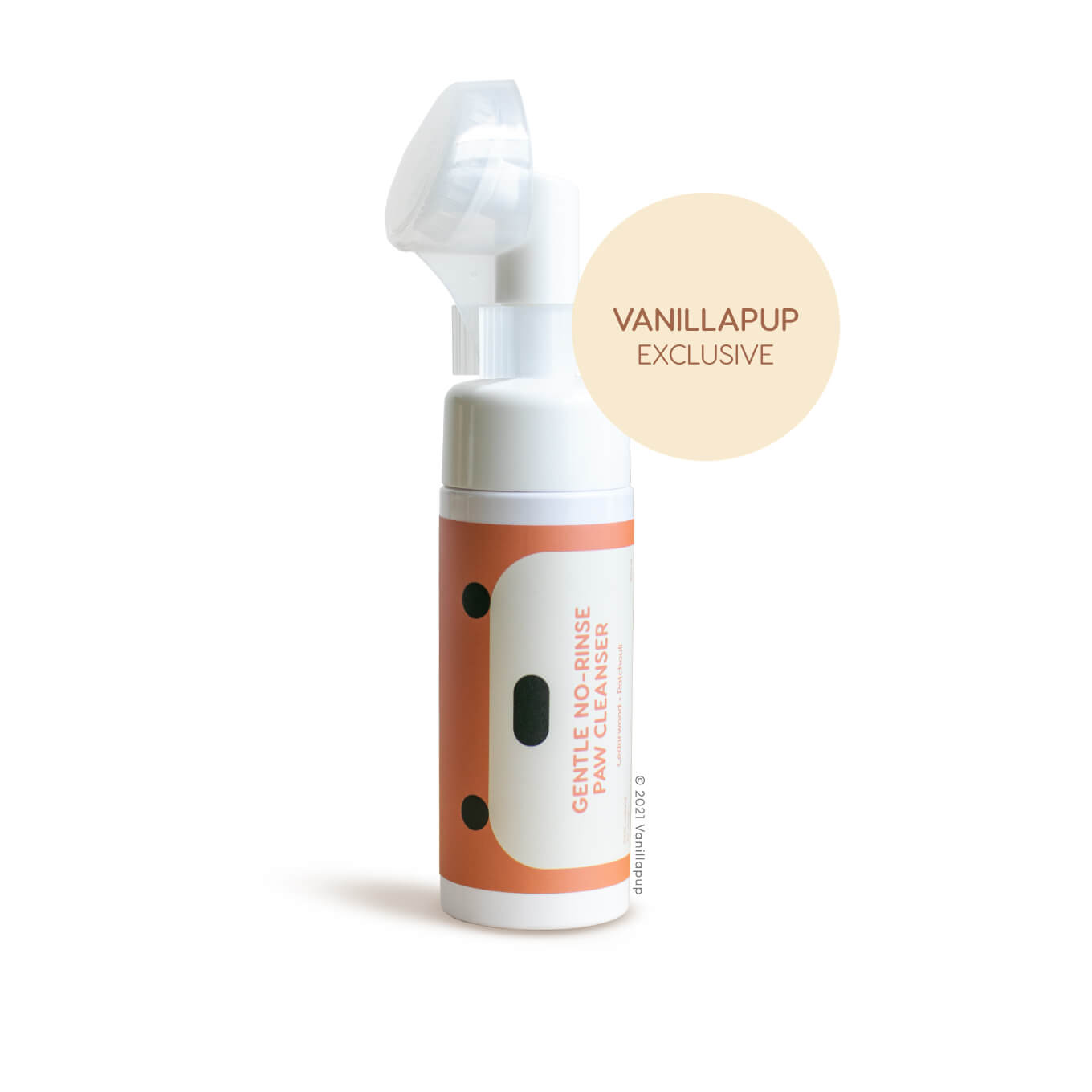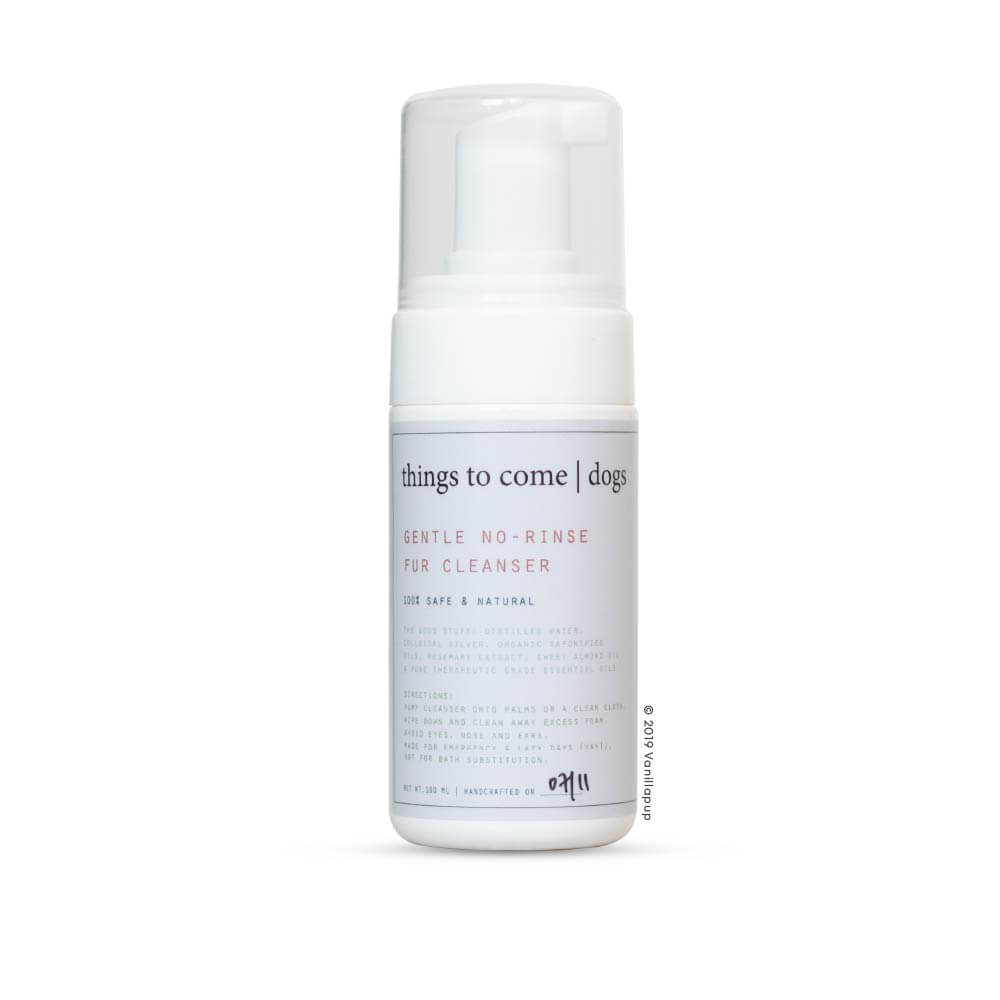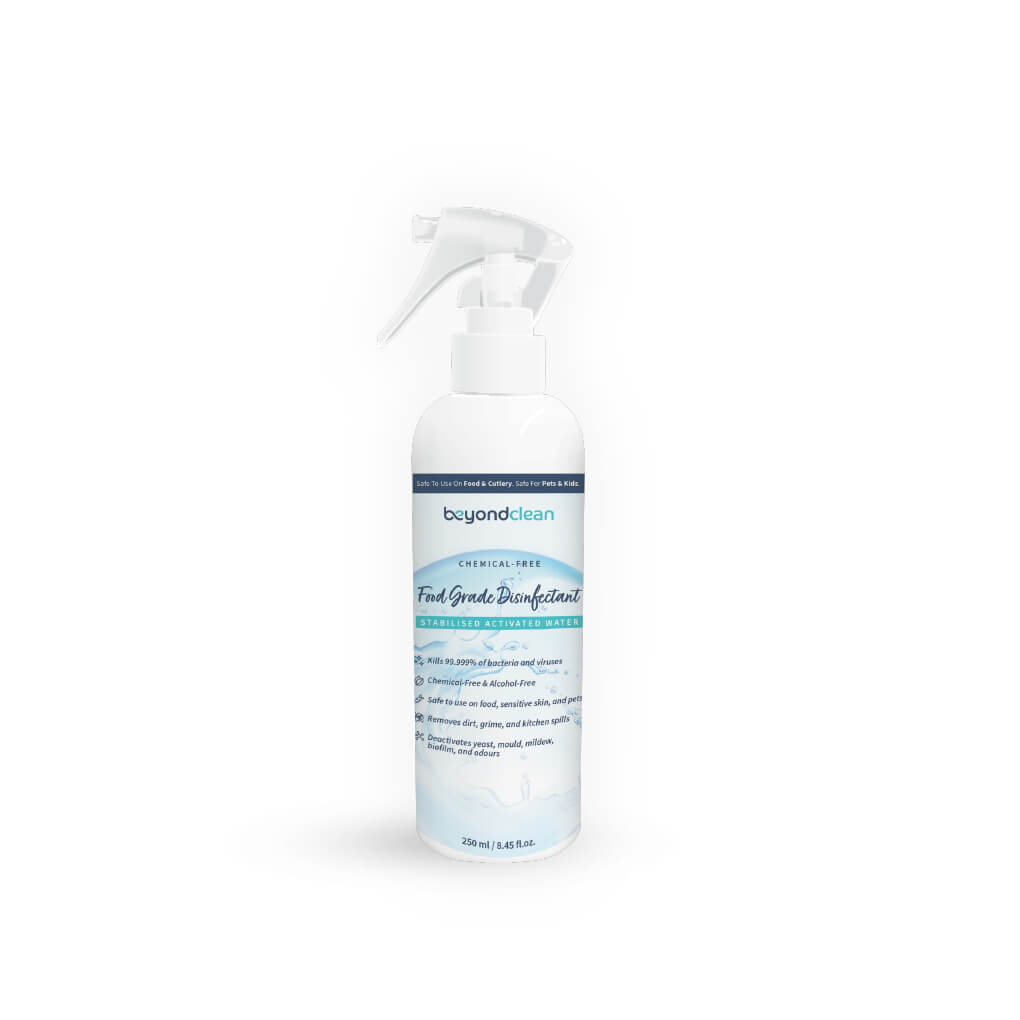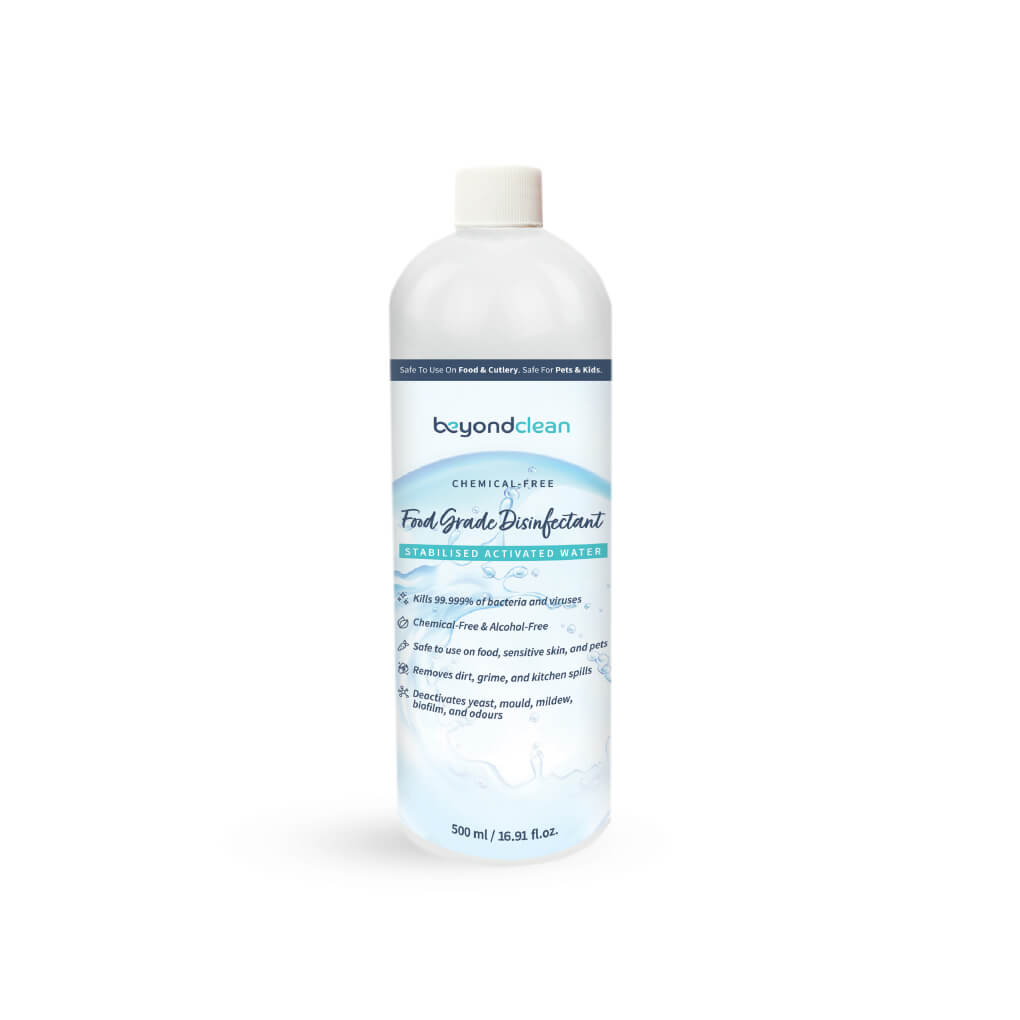Canine Leptospirosis is a bacterial infection caused by various Leptospira strains. It is a medical emergency that can lead to kidney and liver damage, and even death in dogs. It can infect humans as well.
Clinical signs
Leptospira enters the body and spreads throughout the body via the bloodstream and ultimately damages organs like liver and kidney.
-
Bleeding: Bloody diarrhoea and/or vomit, nosebleed, bleeding gums, etc.
-
Liver-related: Jaundice (in the whites of the eyes, gums, mouth, skin)
-
Kidney-related: Loss of appetite, lethargy, vomiting, diarrhoea, dehydration/excessive drinking, increased frequency of urination
-
Lung-related: Difficulty breathing
-
Fluid buildup: Swelling of the legs, fluid in the chest
If your dog has any of the above signs or other abnormal behaviour, be sure to check with the vet immediately. The earlier your dog is diagnosed, the better the prognosis. Unfortunately, in a lot of cases, infected dogs are brought into the clinic too late and death is not uncommon.
How is it transmitted?
The bacteria loves warm and wet environments and spreads faster during periods of high rainfall.
It is often spread by the urine of any infected animal, such as rats. When it rains, rainwater contaminated with infected urine can spread to a wider area.
Your dog can be infected via:
-
Ingestion
-
Thin/broken skin
-
Mucous membrane: Nose, mouth, eyes
Hence, it's important to limit your dog's exposure to potentially contaminated water, soil or mud, and wildlife.
How do we prevent infection?
Vaccination
Widespread vaccination can help reduce the spread of Leptospirosis. However, most vaccines available only cover four Leptospira strains. There are many strains out there and those found in Singapore may or may not be those four stains.
Vaccination does not give 100% immunity, although it could potentially reduce the risk of infection and severity, if infected.
Do not be complacent just because your dog is vaccinated.
Avoid soil and water
Avoid walking your dog during rainy days and do not let them near standing water bodies, trash, or areas with rodent sightings. If there are news of Leptospirosis cases in your area, keep your guard up.
There is history of Leptospirosis spreading in public dog swimming pools. Be careful of where you bring your dog for swimming.
Put shoes on your dog
If walking during or after rain is inevitable, put shoes on your dog to prevent direct contact of their paws with potentially contaminated wet grounds and puddles.
Keep your house and hands clean and disinfected
Be sure to clean your dog's paws and mouth area with a paw/fur cleanser after every walk and wash your hands. Use a glove when cleaning up your dog's urine and toilet area. Leptospira can be killed with a household disinfectant.
How is Leptospirosis treated?
Your trusted vet will provide a treatment plan upon diagnosis, which usually involves antibiotics and fluid therapy. Early diagnosis could mean full recovery but some dogs might suffer from lasting damage to the liver and kidney.
Featured image by JacLou from Pexels.

